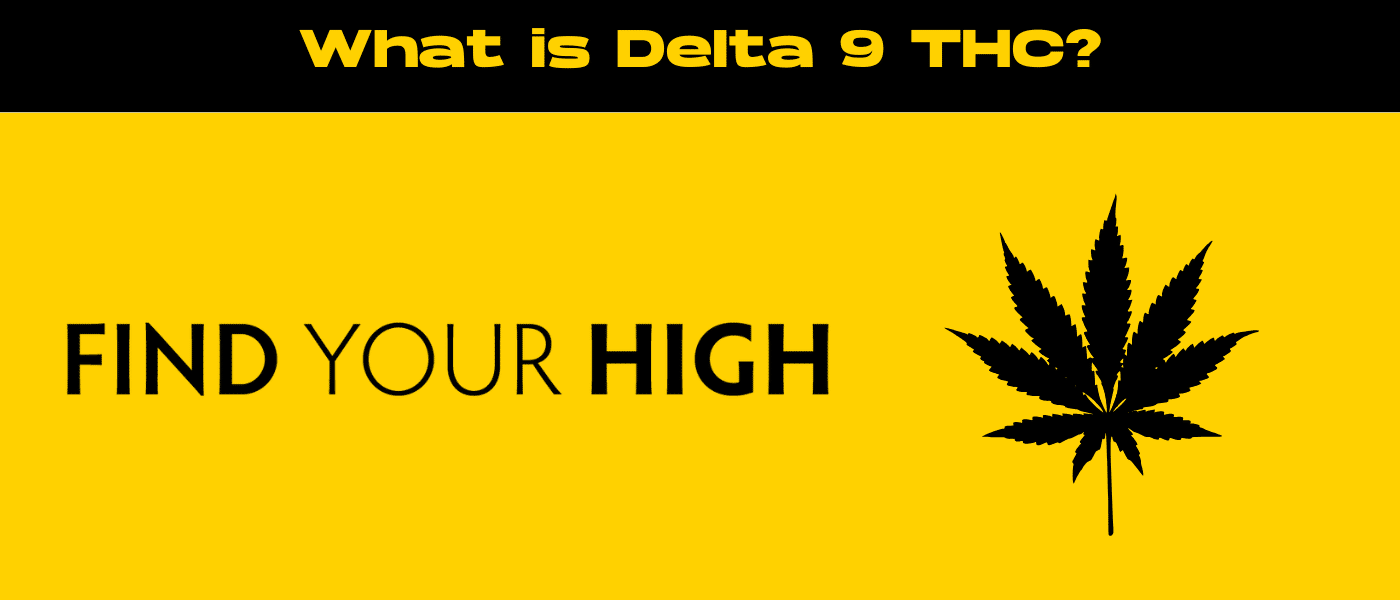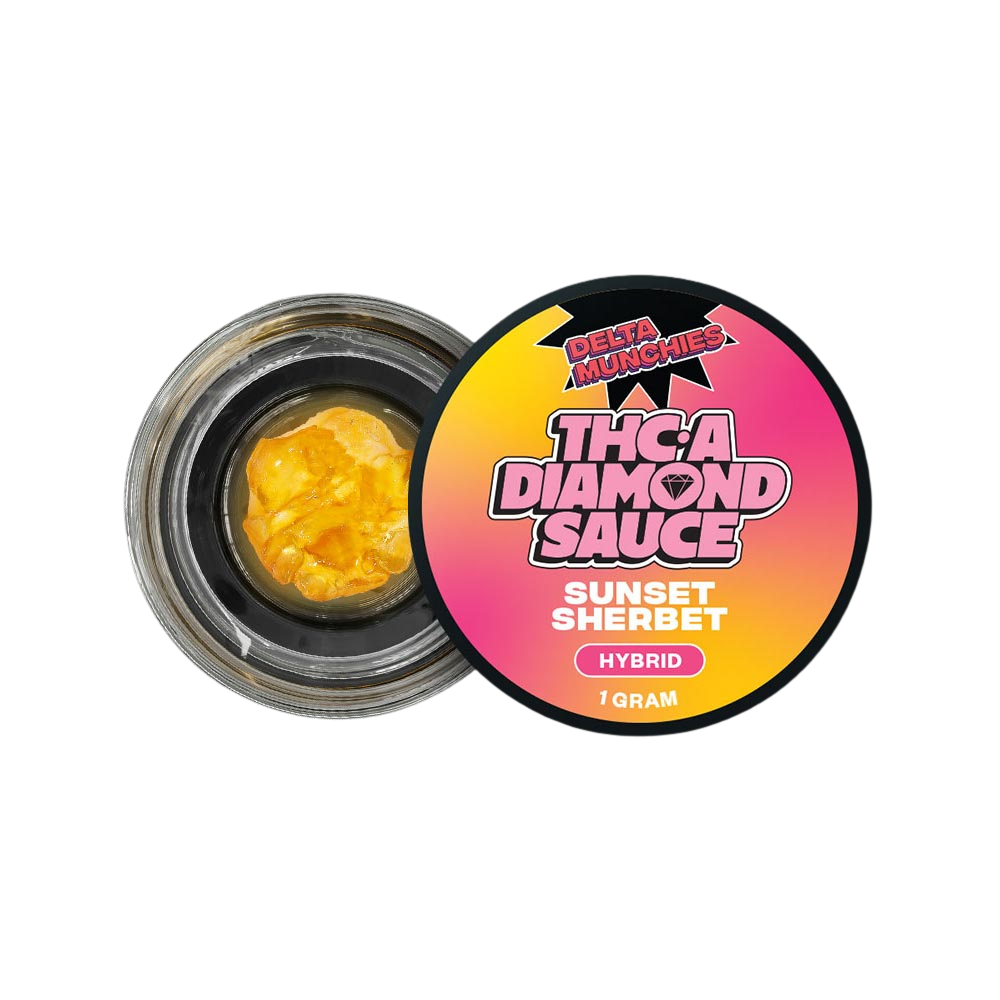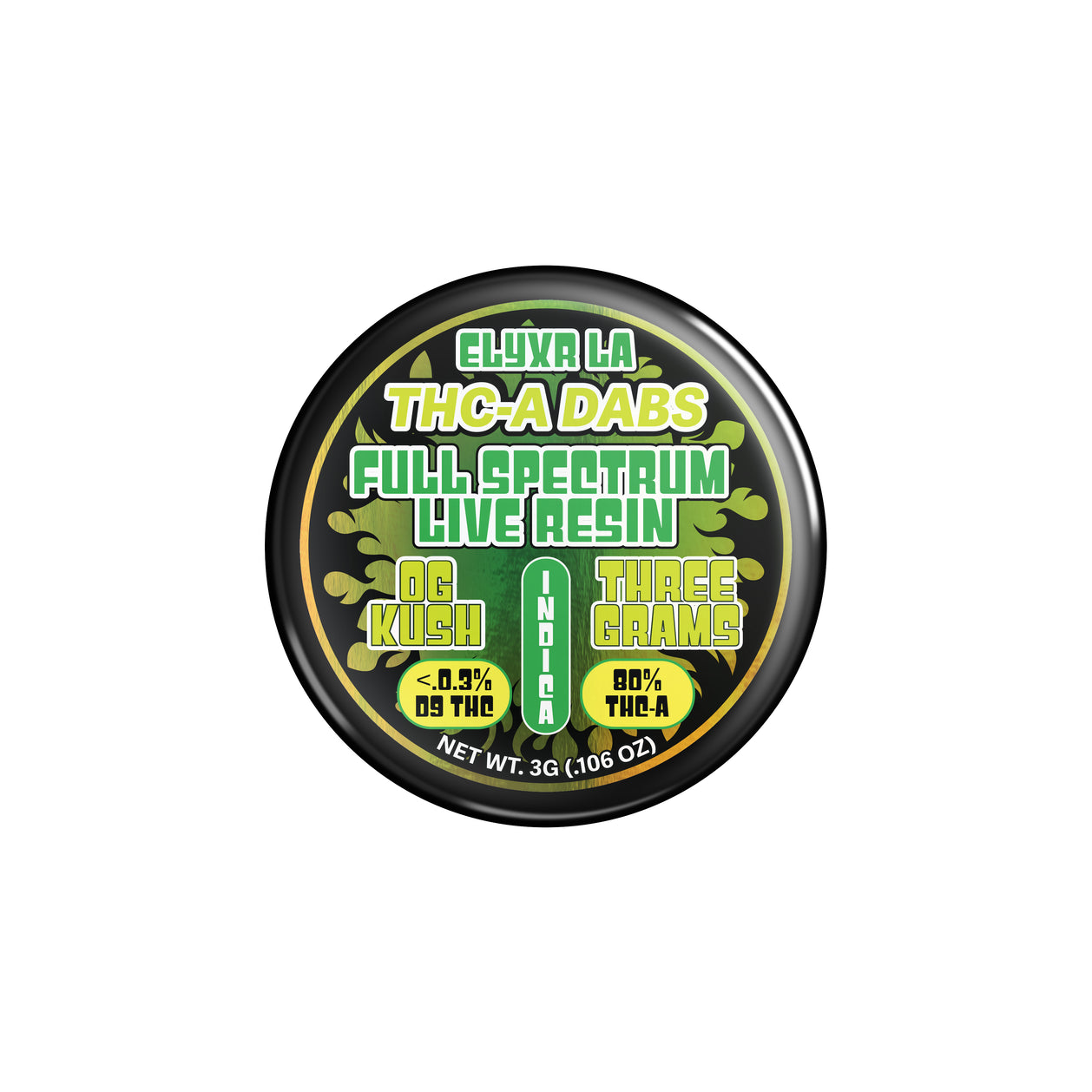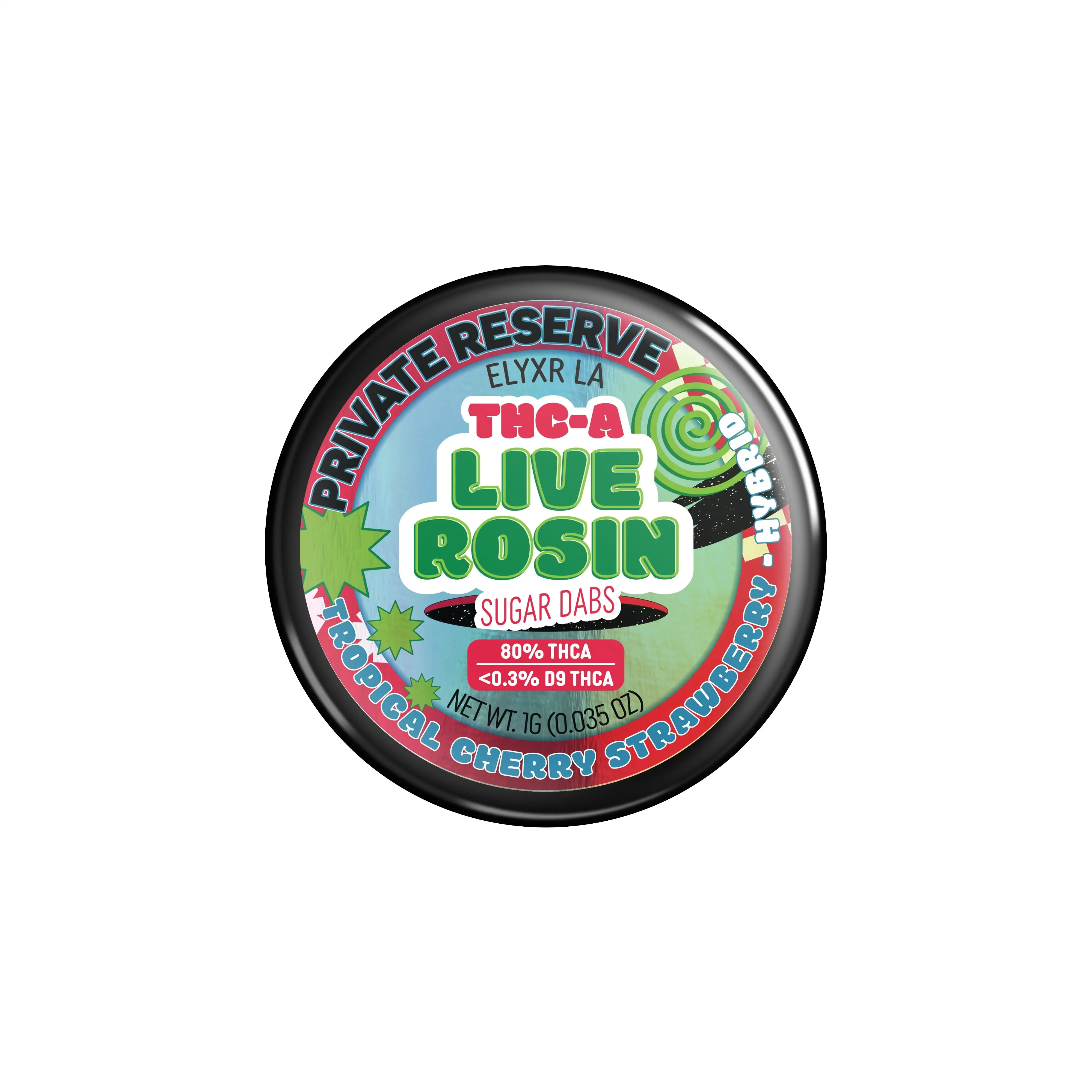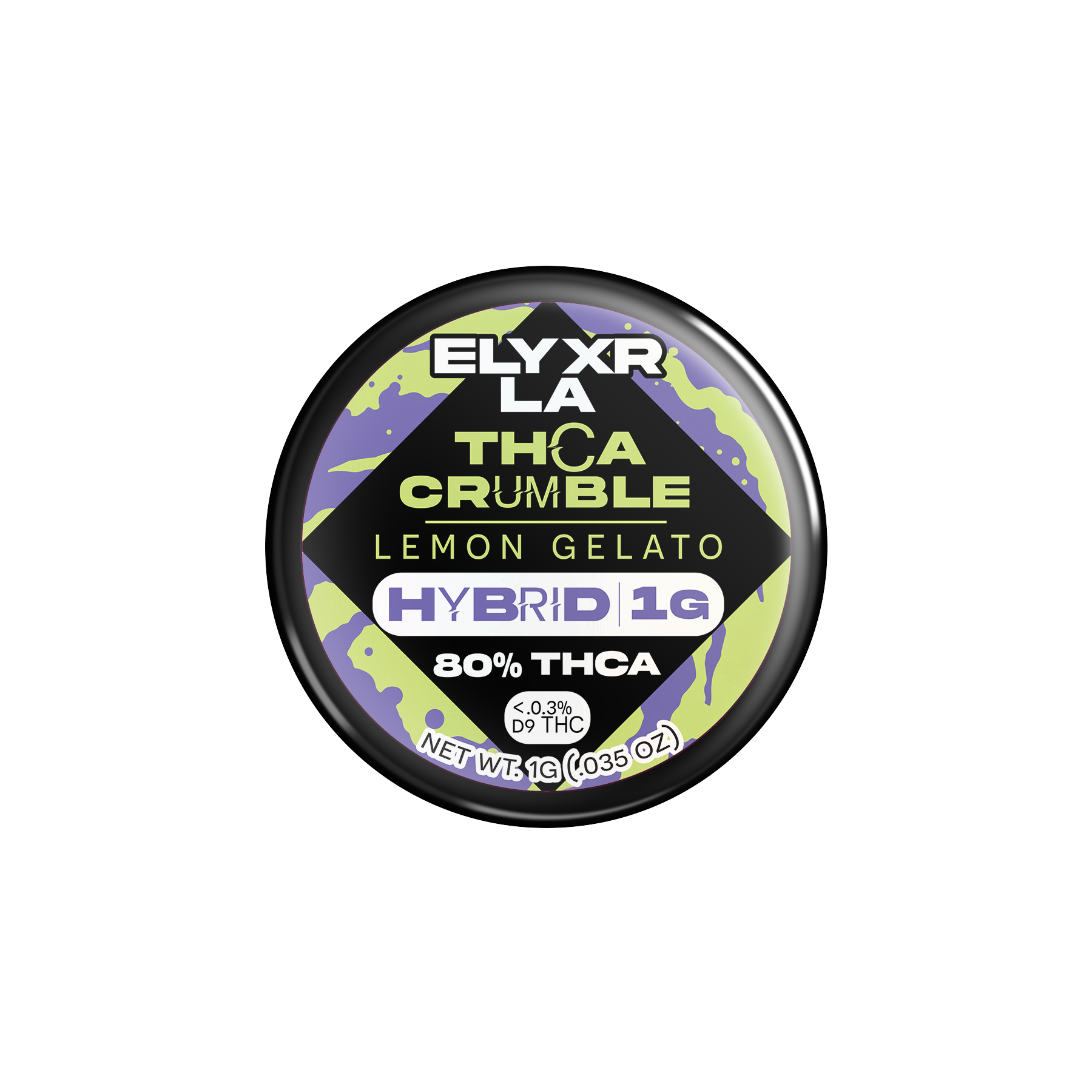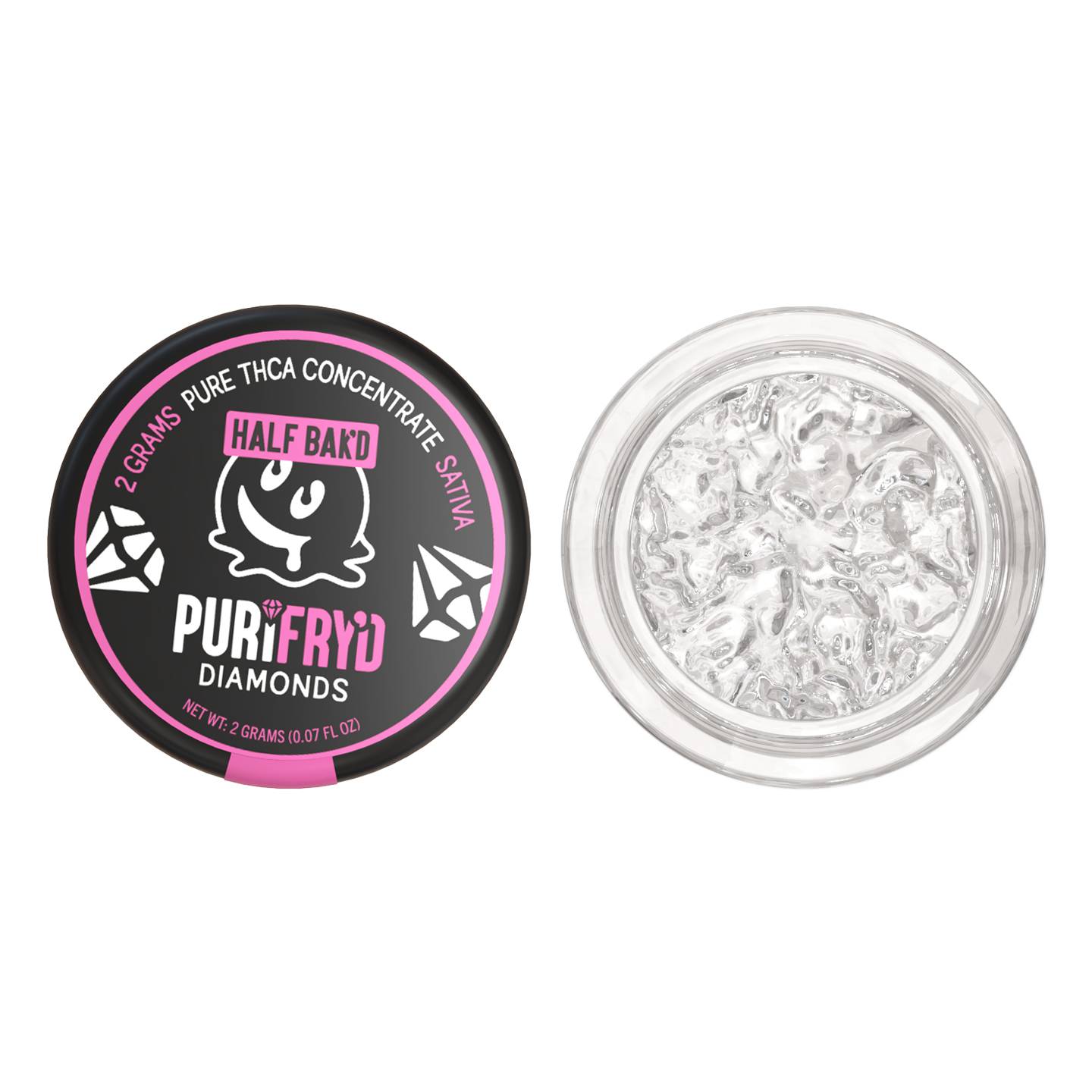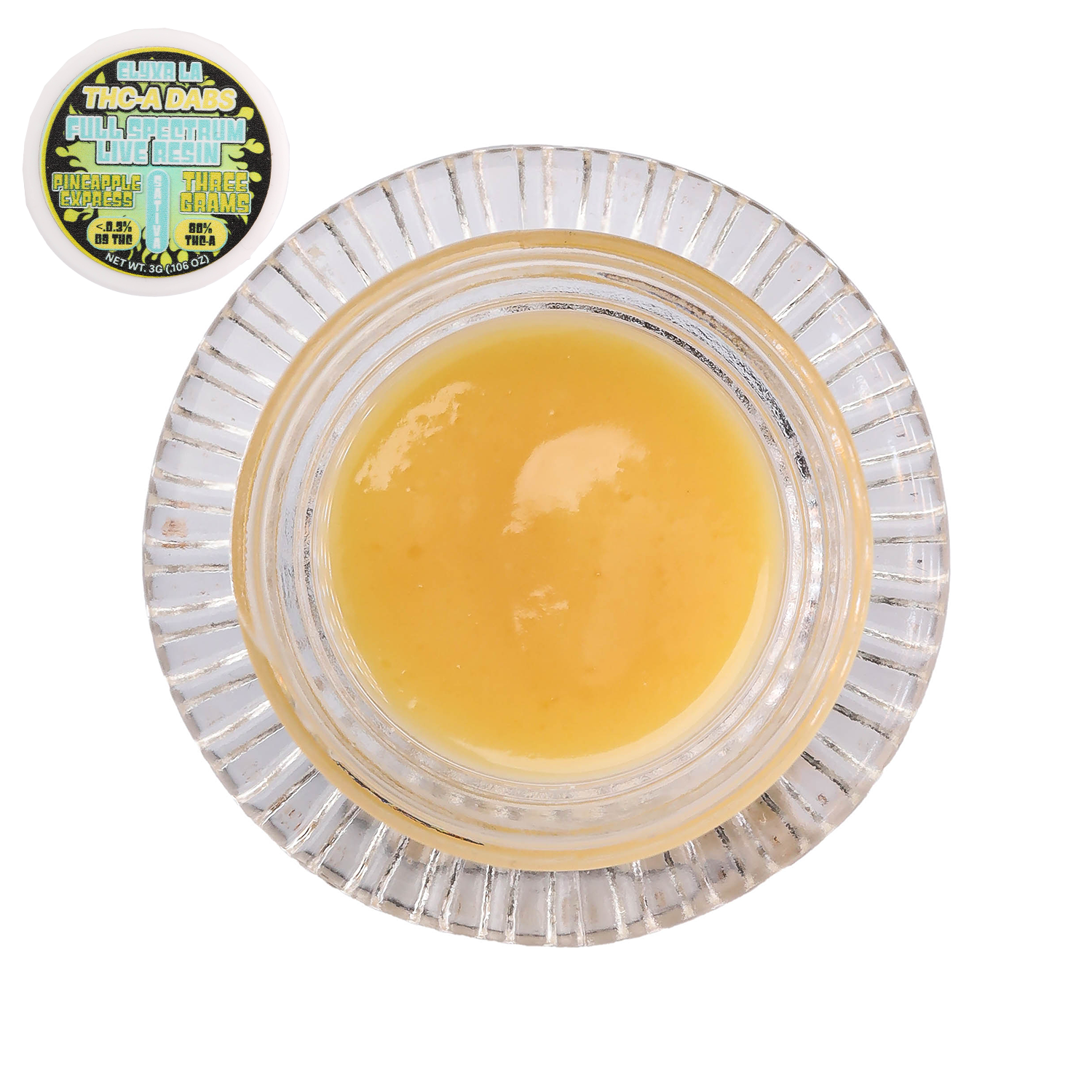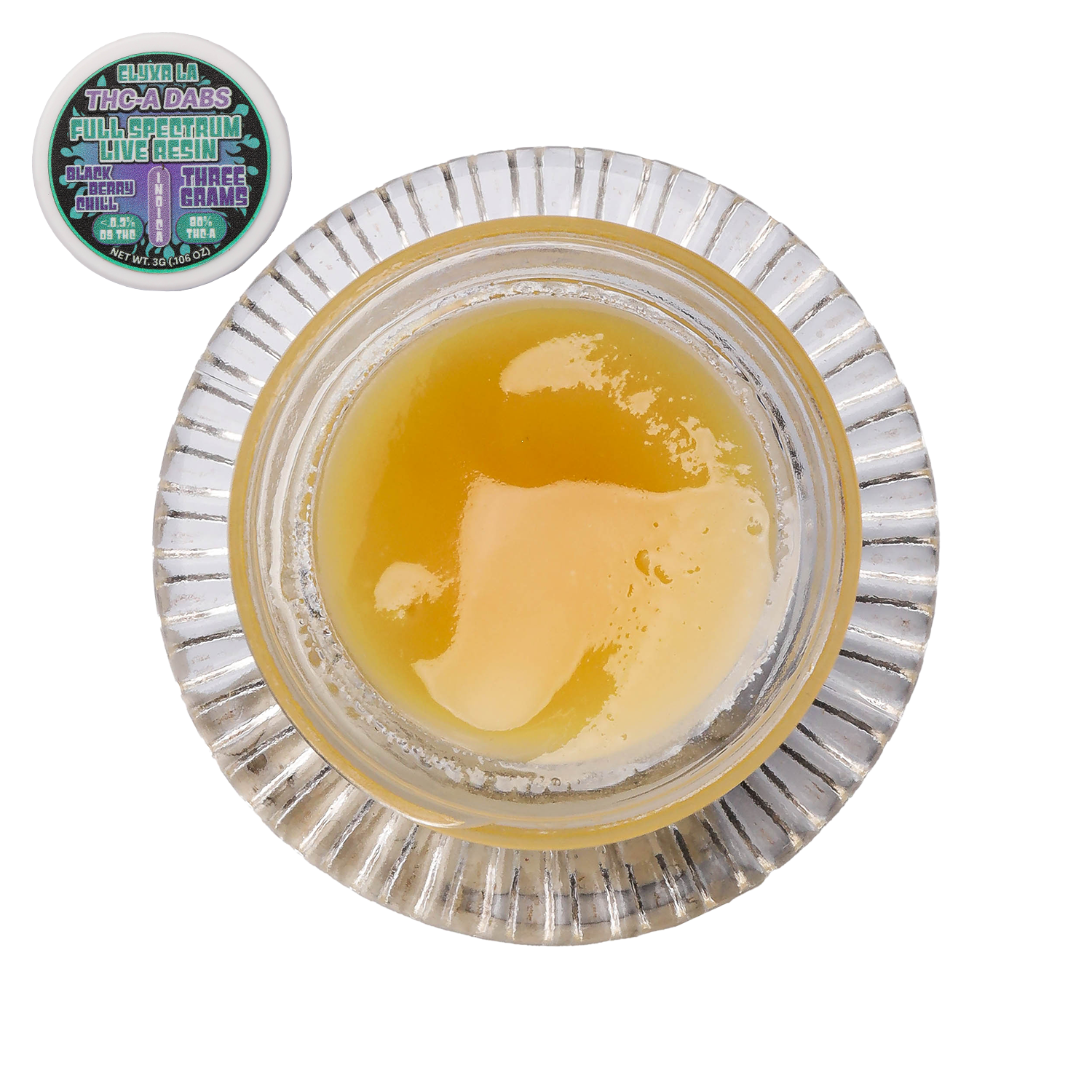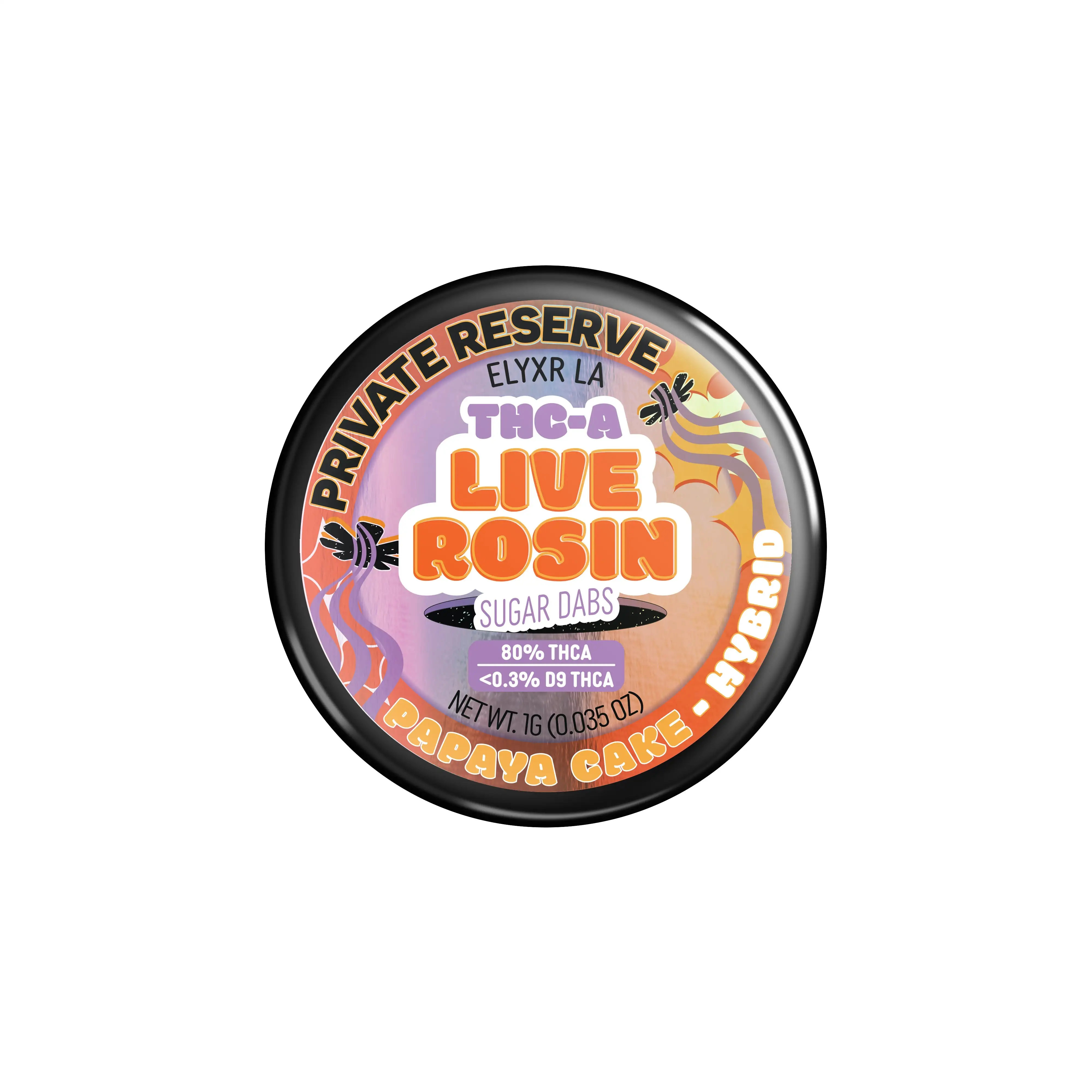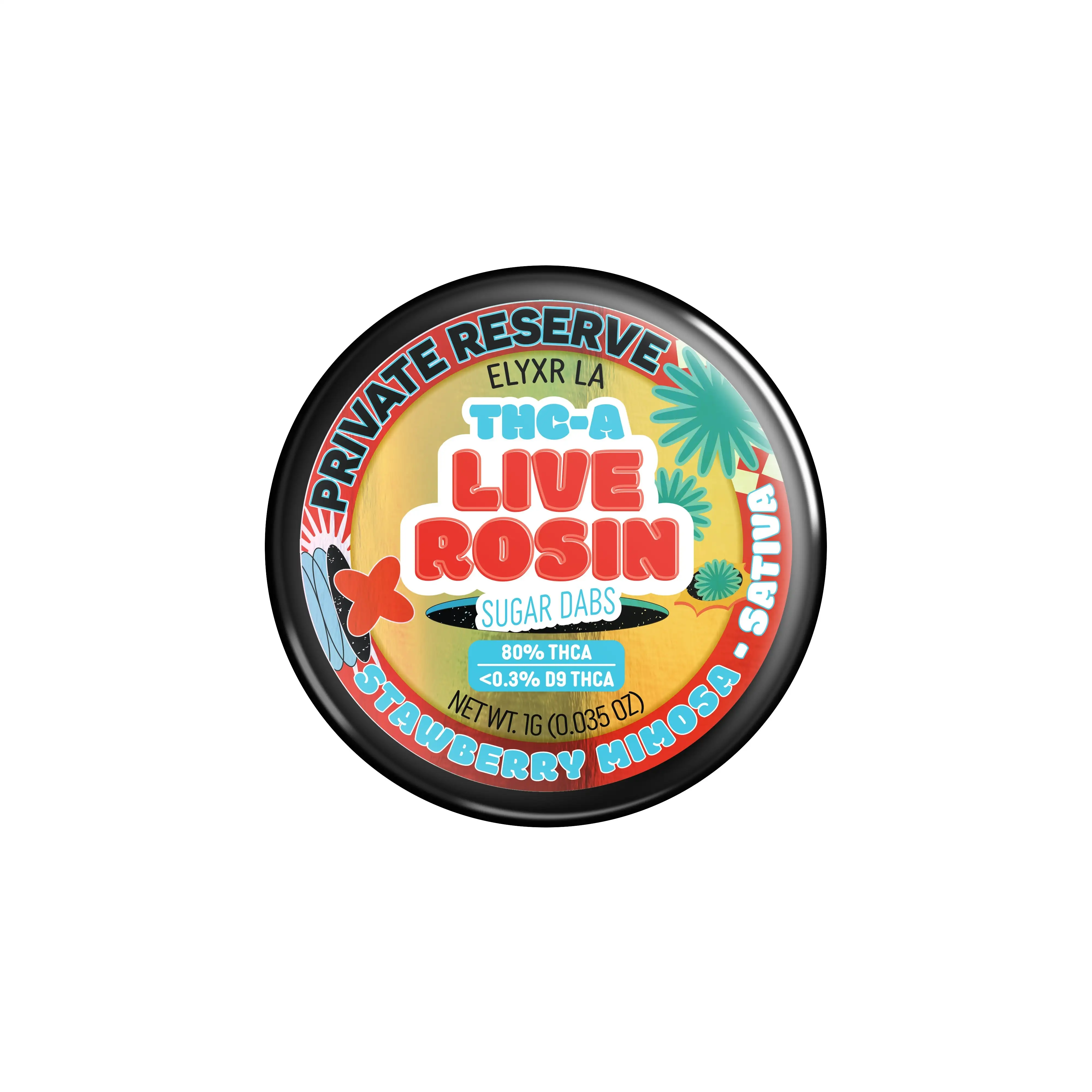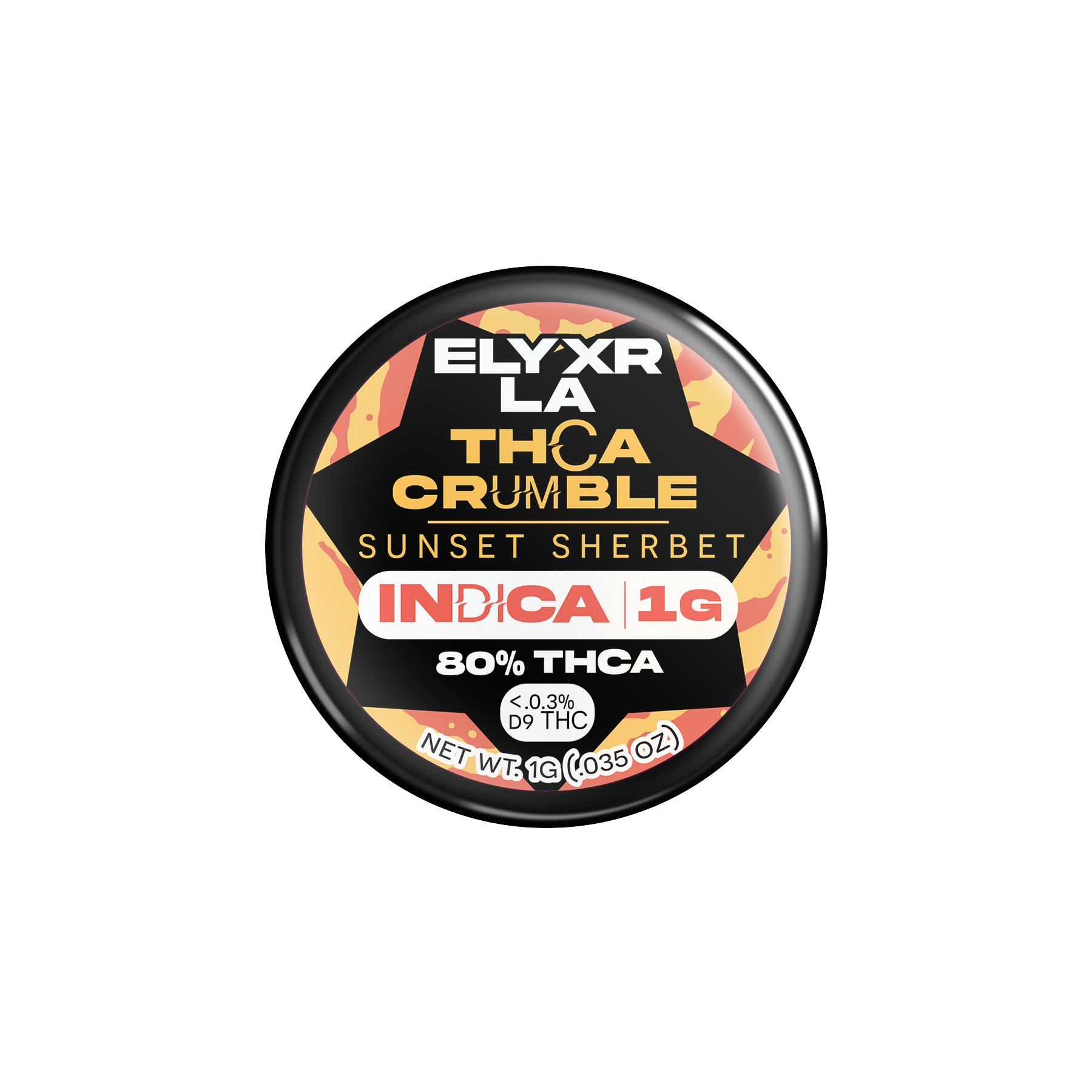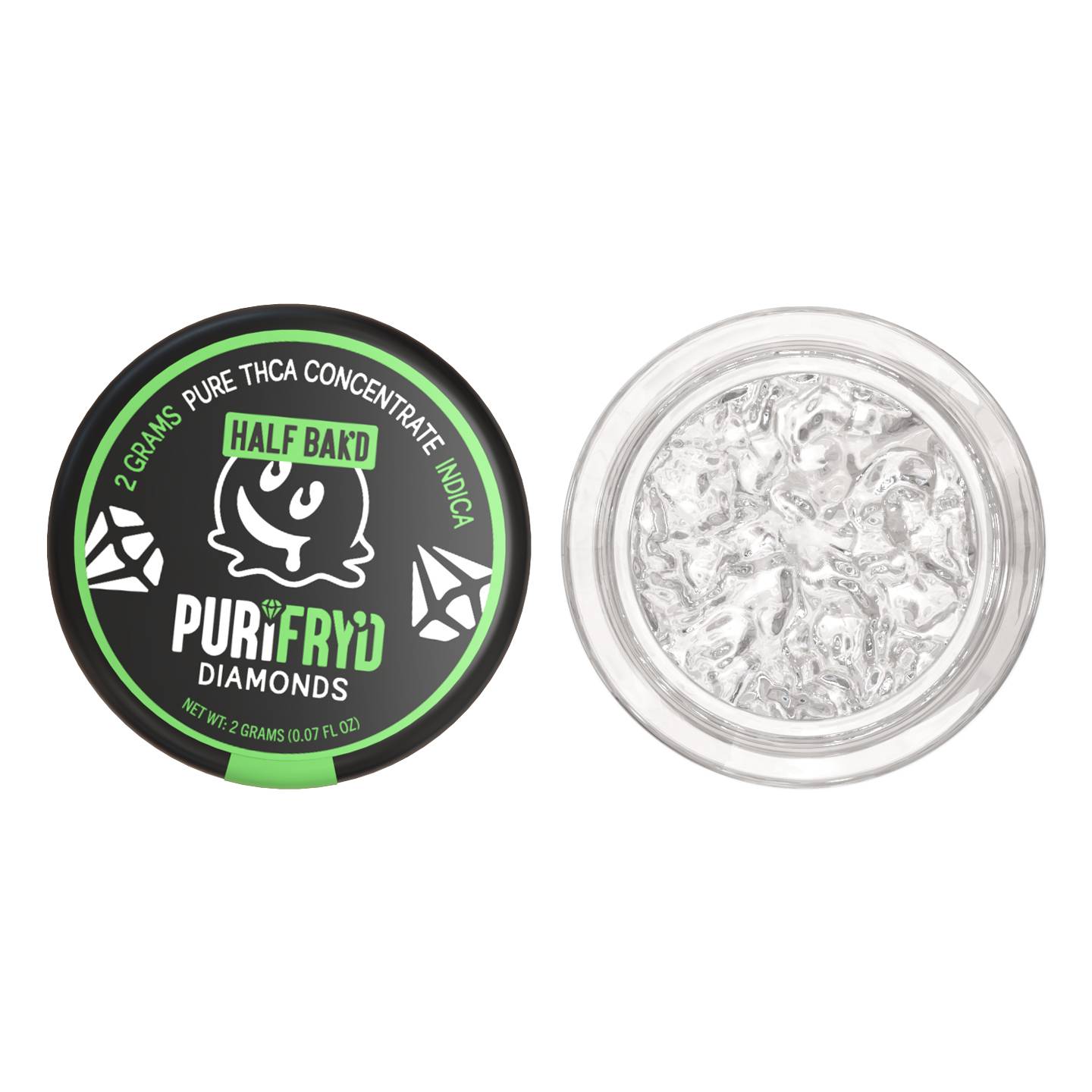Cannabis has exploded into mainstream conversation over the past few decades, and at the heart of it all lies one powerhouse compound: Delta 9 THC. You might have heard about it, tried products containing it, or simply wondered, “What exactly is Delta 9?” This cannabinoid is the reason cannabis is famous — or infamous — for its psychoactive effects, but there’s so much more to Delta 9 than just getting high.
In this deep-dive guide, we’ll unravel everything you need to know about Delta 9 THC from the hemp plant, from its chemical makeup and effects to medical benefits, legal status, safety tips, and future research. Whether you’re a curious newcomer or have smoked cannabis for as long as you can remember, this blog will equip you with smart, well-rounded knowledge to understand and appreciate this fascinating compound better.
Let’s get started.
Introduction: Understanding Delta 9
Delta 9 tetrahydrocannabinol, more commonly called Delta 9 THC or just Delta 9, is the primary psychoactive component found in cannabis. It’s what delivers the classic “high” associated with marijuana use. But beyond its intoxicating reputation, Delta 9 plays a critical role in medicine, wellness, and even legal debates around the world.
Why should you care about Delta 9? Because understanding this compound helps you make informed choices about cannabis use, whether for fun, therapy, or both. This guide breaks down complex science into digestible info, highlighting how Delta 9 interacts with your body and mind and what it means for users everywhere.
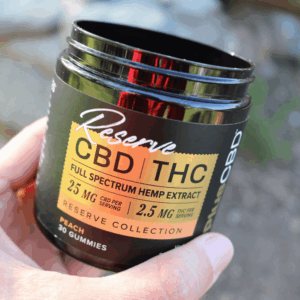
What is Delta 9 THC? The Basics
At its core, Delta 9 THC is a cannabinoid — a chemical compound found naturally in cannabis plants. It shares the molecular formula C₂₁H₃₀O₂ but differs from other cannabinoids by its unique chemical structure. The “Delta 9” refers to the location of a double bond in its molecular chain, which influences how it interacts with your body.
Unlike CBD (cannabidiol), Delta 9 binds strongly with the CB1 cannabinoid receptors in your brain’s endocannabinoid system. This interaction causes the psychoactive effects — altering mood, perception, and cognition — that users commonly experience.
In summary:
- Delta 9 THC is the main psychoactive cannabinoid in cannabis.
- It has a specific molecular structure responsible for its effects.
- It interacts with CB1 receptors in the brain to produce a high.
Understanding these basics sets the foundation for everything else we’ll discuss about Delta 9.
The History of Delta 9 THC
Delta 9 THC has a rich and complicated history. The cannabis plant itself has been used for thousands of years for fiber, medicine, and ritual. However, isolating Delta 9 THC as a distinct compound only happened in the 1960s, thanks to Israeli scientist Raphael Mechoulam. His groundbreaking research unlocked cannabis chemistry and set the stage for modern cannabinoid science.
Throughout the 20th century, Delta 9 THC’s role became controversial as cannabis faced widespread prohibition. Its psychoactive effects were feared and misunderstood, leading to decades of legal bans.
In recent years, shifting attitudes and scientific evidence have fueled legalization efforts worldwide. Delta 9 is now recognized not just as a recreational substance but as a potential medicine with diverse therapeutic applications.
How Does Delta 9 Work in the Body?
To understand Delta 9’s effects, you need to meet the endocannabinoid system (ECS) — your body’s internal communication network regulating mood, appetite, pain, memory, and more. The ECS includes:
- CB1 receptors, mostly in the brain and central nervous system
- CB2 receptors, primarily in the immune system and peripheral tissues
Delta 9 THC binds primarily to CB1 receptors, mimicking naturally produced endocannabinoids. This binding alters neurotransmitter release, impacting brain functions such as pleasure, memory, and coordination.
This is why Delta 9 can:
- Create feelings of euphoria
- Alter sensory perception
- Influence appetite and pain sensation
The intensity of these effects depends on factors like dosage, consumption method, and individual biology.
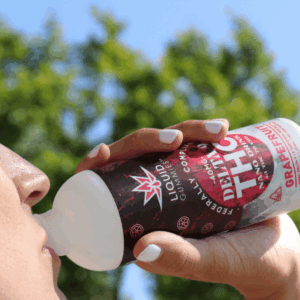
Effects of Delta 9 THC: What to Expect
Delta 9 THC produces a broad range of effects, both physical and psychological. Some are pleasant and sought-after, while others can be challenging for certain users.
Potential Benefits
- Relaxation and stress relief: Delta 9 THC interacts with the endocannabinoid system to help calm the nervous system, reducing feelings of tension and promoting a deep sense of physical and mental relaxation. This makes it popular for unwinding after a stressful day.
- Euphoria and enhanced mood: Many users experience a pleasant “high” marked by feelings of happiness and uplifted spirits. Delta 9 stimulates dopamine release, which contributes to a euphoric mood and overall sense of well-being.
- Heightened sensory perception: Delta 9 can sharpen your senses, making colors seem brighter, music more immersive, and tastes more intense. This sensory enhancement adds to the enjoyment of activities like listening to music, eating, or spending time outdoors.
- Appetite stimulation (aka “the munchies”): Delta 9 activates brain areas that regulate hunger, often causing an increase in appetite. This effect is why it’s commonly used to help patients with appetite loss due to illness or treatments like chemotherapy.
- Pain relief: Delta 9 interacts with receptors involved in pain signaling, which can reduce the sensation of pain. Many people use it to manage chronic pain conditions, inflammation, or discomfort from injuries.
Potential Side Effects
While Delta 9 THC offers many enjoyable effects, it can also cause some side effects or challenges, especially in sensitive individuals or when consumed in high doses. One common concern is anxiety or paranoia. Some users—particularly those new to cannabis or prone to anxiety—may experience heightened nervousness, racing thoughts, or a sense of unease after consuming Delta 9. This happens because THC stimulates certain brain regions involved in fear and stress responses. Although these feelings are usually temporary, they can be intense and uncomfortable, making it important to start with low doses and use cannabis in a calm, familiar environment.
Another typical side effect is dry mouth and red eyes. Delta 9 THC reduces saliva production, leading to that cotton-mouth sensation many users recognize. Red eyes occur because THC causes blood vessels to expand, increasing blood flow and giving the eyes a bloodshot appearance. While these effects are harmless and temporary, they can be inconvenient or socially awkward for some users.
Delta 9 also impairs coordination and reaction time. This effect is why driving or operating heavy machinery after consumption is dangerous and illegal in many areas. THC slows the communication between the brain and muscles, affecting balance, motor skills, and the ability to respond quickly. Even if you feel relatively okay, your reflexes may be compromised, increasing the risk of accidents.
Lastly, short-term memory disruption is another well-documented effect of Delta 9 THC. While high doses, especially, can interfere with the brain’s ability to form new memories or recall recent information, this effect is usually temporary and subsides as the THC wears off. This can make tasks requiring focus or learning difficult during intoxication, so it’s wise to avoid important or complex activities while under the influence.
Understanding these potential side effects helps users approach Delta 9 THC responsibly, allowing them to enjoy its benefits while minimizing discomfort or risks.
Onset and Duration
Onset and duration vary by how you consume Delta 9:
- Smoking/vaping: Effects start within minutes, lasting 1-3 hours
- Edibles: Take 30 minutes to 2 hours to kick in, lasting up to 8 hours
- Tinctures: Oral THC offers intermediate onset, lasting 4-6 hours
Understanding these effects helps users tailor their experience for safety and enjoyment.
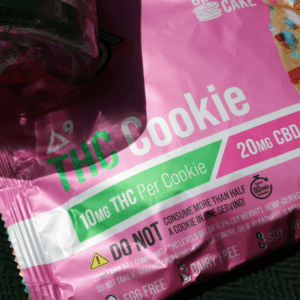
Medical Uses of Delta 9 THC
Delta 9 THC’s therapeutic potential has been studied extensively, with some uses approved by regulatory bodies and others still emerging through research.
Approved and common medical uses include:
- Pain management: Particularly for neuropathic and chronic pain
- Nausea and vomiting: Especially in chemotherapy patients
- Appetite stimulation: Beneficial for people with wasting conditions like HIV/AIDS or cancer
- Muscle spasticity: Including multiple sclerosis symptoms
Emerging research also explores Delta 9’s effects on:
- PTSD and anxiety disorders
- Sleep disorders
- Neurodegenerative diseases
While promising, medical use requires careful dosing and supervision due to psychoactive effects and potential side effects.
Recreational Use of Delta 9 THC
Delta 9 THC is the cannabinoid most sought after by recreational users, thanks to its well-known psychoactive effects that deliver the classic “high” experience. People enjoy Delta 9 for its ability to enhance mood, creativity, and relaxation, making it a popular choice for socializing, unwinding, or sparking inspiration. When it comes to how users consume Delta 9 recreationally, there are several popular methods, each with unique characteristics that suit different preferences and lifestyles.
Smoking dried cannabis flower or joints remains the traditional and most common method. This classic approach offers a rapid onset of effects—usually within minutes—allowing users to quickly gauge and control their experience. The ritual of rolling a joint or packing a bowl also carries cultural significance, connecting users with cannabis history and community. However, smoking can be harsh on the lungs, and some people prefer alternatives for health reasons.
Vaping has surged in popularity as a cleaner, more discreet alternative to smoking. Vaping devices use concentrated forms of Delta 9 THC, such as oils or distillates, delivering potent effects without the smoke or odor associated with combustion. Vape cartridges and pens are convenient and easy to use, making them ideal for on-the-go consumption or places where discretion is preferred. The faster onset and adjustable dosing with vaping also appeal to those seeking precise control over their experience.
Edibles like gummies, chocolates, and beverages offer a different experience entirely. When ingested, Delta 9 THC is processed by the liver, creating a slower onset of effects that can take anywhere from 30 minutes to two hours to fully kick in. The effects also tend to last much longer—often up to 6 to 8 hours or more—making edibles a favorite for extended relaxation or social occasions. Edibles are especially popular among users who want to avoid inhaling any substances or who need a more discreet option without the smell or paraphernalia.
Tinctures and oils provide yet another convenient method of consumption. Typically taken sublingually (under the tongue), tinctures allow for customizable dosing and relatively quick absorption compared to edibles. This method is great for users who want to tailor their dose precisely without smoking or vaping. Additionally, tinctures can be easily incorporated into food or drinks for versatility.
Recreational users who want to enjoy Delta 9 THC safely often emphasize responsible consumption. Starting with low doses, particularly for those new to cannabis or trying a new product, helps prevent uncomfortable side effects like anxiety or paranoia. It’s also important to avoid mixing Delta 9 with alcohol or other substances, as combinations can intensify impairment and unpredictably alter the experience. Understanding your own tolerance, pacing consumption, and being mindful of the setting all contribute to a more enjoyable and safe experience.
Beyond personal enjoyment, Delta 9 THC has had a significant cultural impact. It has inspired generations of musicians, artists, filmmakers, and writers, influencing countless works across various creative fields. Cannabis culture and celebrations—like 4/20 events and music festivals—often center around the shared enjoyment of Delta 9. This cultural footprint reflects how intertwined Delta 9 THC is with social connection, creativity, and lifestyle for many users around the world.
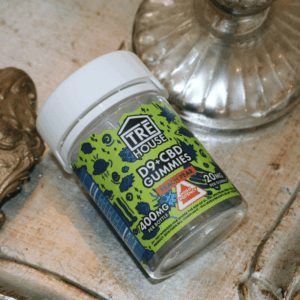
Delta 9 vs. Delta 8 THC: Key Differences
Delta 8 THC has gained popularity as a milder alternative to Delta 9, but they differ in several ways:
- Chemical structure: Delta 8 has the double bond on the 8th carbon; Delta 9 on the 9th.
- Psychoactivity: Delta 8 produces a less intense, more clear-headed high.
- Legality: Delta 8 exists in a legal gray area in many places; Delta 9 is more regulated.
- Availability: Delta 9 is more abundant in cannabis plants.
For users seeking gentler effects, Delta 8 might be preferable. But Delta 9 remains the standard bearer for potency and effect.
Delta 9 vs. CBD: What Sets Them Apart?
CBD (cannabidiol) is another major cannabinoid but with very different properties:
- Psychoactivity: CBD is non-intoxicating, while Delta 9 produces a high.
- Effects: CBD is often used for anxiety relief, inflammation, and seizure control without intoxication.
- Legal status: CBD is legal federally in many countries if hemp-derived; Delta 9 is more restricted.
- Synergy: Some cannabis products combine Delta 9 and CBD for a balanced effect, leveraging the entourage effect.
Understanding the differences helps users choose products aligned with their goals.
Legal Status of Delta 9 THC Across the Globe
Delta 9’s legal status is complex and varies widely:
- United States: Federally illegal as a Schedule I drug, but many states allow medical or recreational use.
- Canada: Fully legal for recreational and medical use nationwide.
- Europe: Laws vary by country, with some allowing medical use and others strict prohibition.
- Other regions: Many countries maintain prohibition but some are moving toward legalization or decriminalization.
Staying informed about local laws is crucial for legal compliance and safe use.
How to Consume Delta 9 THC Safely
Using Delta 9 THC safely starts with choosing the right product and dose. If you’re new to cannabis or trying a new product, it’s important to start with a low dose. This helps you understand how your body reacts and reduces the risk of uncomfortable side effects like anxiety, dizziness, or nausea. Even experienced users should be cautious when switching products, as potency and effects can vary widely. Starting small and increasing gradually allows you to find the right balance without overdoing it.
Another essential safety tip is to avoid mixing Delta 9 THC with alcohol or other drugs. Combining substances can unpredictably increase impairment and the chance of negative effects. Alcohol, for example, can amplify Delta 9’s psychoactive effects, potentially leading to stronger intoxication, nausea, or heightened anxiety. If you’re on medication, it’s best to talk with a healthcare provider before using Delta 9 to avoid harmful interactions.
Where you consume Delta 9 THC matters, too. Using cannabis in a familiar, comfortable environment helps reduce feelings of anxiety or paranoia that can occur, especially for new users. Being around trusted people can also provide support if you feel overwhelmed. Unfamiliar or stressful settings can worsen negative reactions, so a calm, safe space is ideal.
It’s critical never to drive or operate machinery after consuming Delta 9 THC. The compound impairs coordination, reaction time, and judgment—skills essential for safe driving. Driving under the influence is not only illegal in many places but also dangerous. Always plan ahead with a designated driver, ride-sharing, or simply waiting until the effects wear off.
When buying Delta 9 products, prioritize quality and safety by purchasing from reputable dispensaries that provide third-party lab testing. Lab reports, or Certificates of Analysis (COAs), verify potency and check for contaminants like pesticides or heavy metals. Avoid unregulated sources where product quality and safety can’t be guaranteed.
By starting with low doses, avoiding mixing substances, choosing safe environments, not driving, and buying lab-tested products, you can enjoy Delta 9 THC responsibly and safely. Being informed and cautious ensures your experience is positive, whether you use cannabis recreationally or medicinally.
Common Side Effects and Risks of Delta 9 THC
While Delta 9 is generally safe for many users, side effects can occur, particularly with overuse or in sensitive individuals:
- Short-term effects: Dry mouth, red eyes, dizziness, increased heart rate
- Psychological effects: Anxiety, paranoia, panic attacks (more common with high doses)
- Cognitive impacts: Short-term memory impairment, slowed reaction times
- Dependency: Some users may develop psychological dependence with heavy use
People with a history of psychosis or certain heart conditions should avoid Delta 9 or consult a doctor.
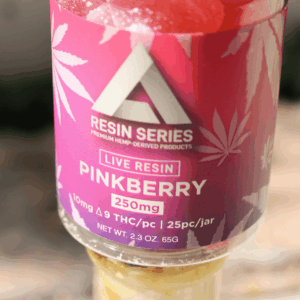
Delta 9 THC and Drug Testing: What You Need to Know
Delta 9 THC metabolites can be detected in urine, blood, or hair tests, making it important for users subject to drug screening to understand testing windows:
- Urine tests detect THC metabolites typically for 3-30 days after use, depending on frequency.
- Blood tests detect Delta 9 THC for a shorter window, usually up to 24 hours.
- Hair tests can detect THC use over months.
If you’re facing a drug test, avoid Delta 9 use or disclose it to the testing party if medically necessary.
How to Read Delta 9 THC Labels and Potency
Reading Delta 9 THC labels is key to using cannabis safely and effectively. THC content is usually shown as a percentage or in milligrams. Flower and concentrates often list THC as a percentage—for example, 20% THC means that 20% of the product’s weight is Delta 9 THC, indicating potency. Edibles, tinctures, and oils usually list THC in milligrams, like 10 mg per gummy, helping users manage exact dosing.
Higher percentages or milligram amounts mean stronger effects, but how you feel depends on your tolerance and metabolism. Beginners should start with lower THC levels or smaller doses to avoid unwanted side effects like anxiety.
Always check for third-party lab testing, usually shown as a Certificate of Analysis (COA). This ensures the product is accurately labeled and free from contaminants. Many products include QR codes linking to lab results—look for these to shop safely.
Labels may also show other cannabinoids like CBD and terpenes, which affect flavor and experience. “Full-spectrum” means the product has a range of cannabinoids and terpenes, offering a more balanced effect.
For edibles, labels should state THC per serving and total THC in the package to prevent accidental overconsumption, since edible effects take longer to kick in and last longer. Concentrates can be very potent—sometimes over 70% THC—so approach those carefully.
Different markets have varying labeling laws, so always buy from trusted sources and check for lab results. Also, look for dosage guidelines and warnings on the packaging.
In short, understanding Delta 9 THC labels means knowing the potency format, verifying lab tests, and starting with small doses. This knowledge helps you enjoy cannabis safely and find the right product for your needs.
Popular Delta 9 THC Products on the Market
Delta 9 is available in various forms to suit different preferences:
- Flower: Traditional dried cannabis buds for smoking or vaping.
- Concentrates: Oils, wax, shatter with high THC potency.
- Edibles: Gummies, chocolates, beverages for discreet consumption.
- Tinctures: Liquid cannabis sativa extracts taken sublingually for precise dosing.
- Topicals: Creams and balms with minimal psychoactive effects.
Each has pros and cons related to onset, duration, discretion, and potency.
Delta 9 THC and Terpenes: The Entourage Effect
Terpenes are aromatic compounds in cannabis that affect flavor and experience. When combined with Delta 9 THC, they produce the entourage effect, enhancing or modifying the effects.
Common terpenes include:
- Myrcene: Relaxing, sedative effects
- Limonene: Uplifting, mood-enhancing
- Pinene: Alertness, anti-inflammatory
- Linalool: Calming, anti-anxiety
Choosing products rich in specific terpenes can tailor your Delta 9 experience.
Future Trends and Research on Delta 9 THC
Research on Delta 9 continues to expand, with promising developments such as:
- New delivery methods (nanoemulsions, patches) for faster and controlled effects.
- Investigations into Delta 9’s role in cancer therapy, neuroprotection, and mental health.
- Legal and regulatory shifts that may broaden access and acceptance.
- Hybrid cannabinoids and synthetic analogs inspired by Delta 9’s structure.
Staying updated helps users and industry watchers anticipate what’s next.
Conclusion: Why Understanding Delta 9 Matters
Delta 9 THC is more than just the compound that gets you high — it’s a complex chemical with medical potential, cultural significance, and a rapidly evolving legal landscape. Understanding its science, effects, and responsible use helps you navigate cannabis safely and enjoyably.
As cannabis continues to reshape health and wellness globally, knowledge about Delta 9 empowers you to make choices that align with your lifestyle and goals. Whether you’re seeking relief, recreation, or curiosity, Delta 9 deserves a spot on your cannabis education playlist.
Frequently Asked Questions
1. Is delta-8 or 9 stronger?
Delta 9 THC is generally considered stronger than delta-8 THC in terms of psychoactive effects. While both compounds produce a “high,” delta 9 tends to have a more intense and longer-lasting impact. Delta-8 is often described as a milder, more clear-headed version of THC, making it appealing for those seeking a gentler experience with less anxiety or paranoia.
2. Is delta 9 the same thing as CBD?
No, delta 9 THC and CBD (cannabidiol) are different cannabinoids with distinct effects. Delta 9 is psychoactive and produces the classic cannabis “high,” while CBD is non-intoxicating and is mainly used for its potential therapeutic benefits like reducing inflammation, anxiety, and seizures without causing euphoria.
3. Will Delta 9 test positive on drug test?
Yes, most standard drug tests screen for THC metabolites (including natural and synthetic cannabinoids), primarily those resulting from delta 9 THC consumption. Using products containing delta 9 can cause a positive drug test result, even if you don’t feel intoxicated. If you need to pass a drug test, it’s best to avoid delta 9 THC altogether.
4. What is Delta 9 best for?
Delta 9 THC is best known for its recreational and medicinal uses. Recreationally, it’s prized for relaxation, mood enhancement, and sensory experiences. Medicinally, it’s often used to manage pain, nausea, appetite loss, and certain mental health conditions. Its versatility makes it popular among a wide range of users.
5. Is Delta 9 a controlled substance?
Yes—and no. Delta 9 THC is classified as a controlled substance under federal law if it’s derived from marijuana and contains more than 0.3% THC by dry weight. However, Delta 9 extracted from hemp in concentrations of 0.3% or less is federally legal under the 2018 Farm Bill. That said, legality can vary by state, with some banning all forms of Delta 9 regardless of source. Always check local laws before purchasing or using Delta 9 products.
6. Are cannabis withdrawal symptoms real?
Yes, cannabis withdrawal symptoms are real, though they’re typically mild compared to those from substances like alcohol or opioids. People who use Delta 9 THC from the cannabis sativa plant regularly—especially in high doses—may experience symptoms like irritability, sleep disturbances, decreased appetite, mood swings, or anxiety when they stop. These symptoms usually appear within a few days of stopping use and tend to subside within one to two weeks. Not everyone experiences withdrawal, but it can happen, particularly with long-term, heavy use by those vulnerable to cannabis use disorders.




